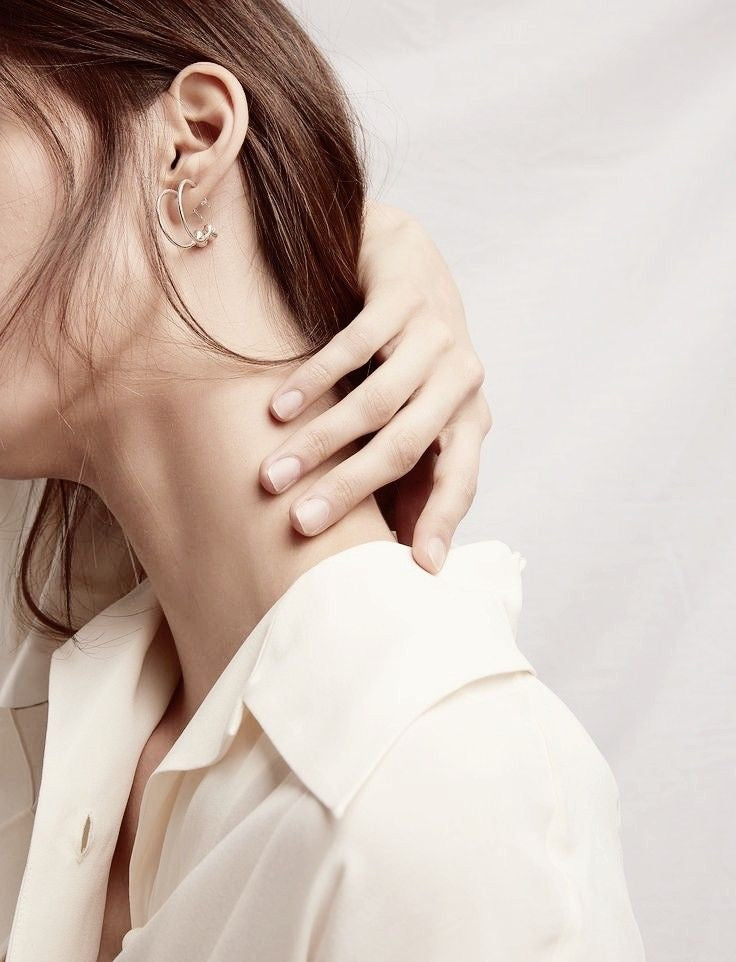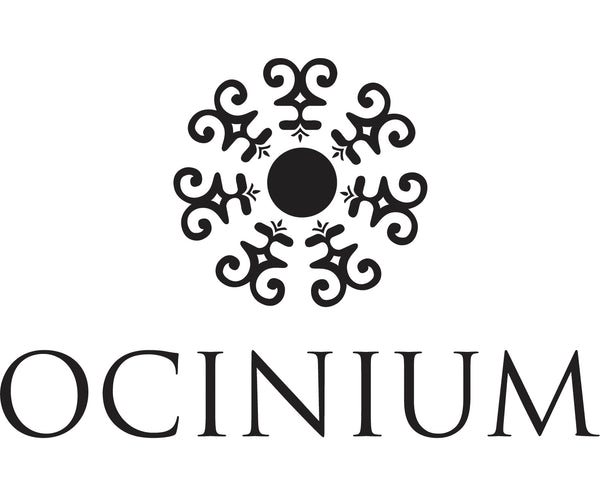Acne and natural solutions
December 08 2015 – Cassandra Hilton

Acne is a frequent skin problem and a condition that presents more commonly in males but females are also prone to this condition. The condition presents mainly on the face but also on the back, shoulders and chest in both males and females. Untreated the condition can increase in severity and progression from the interplay of hormones, the increased production of sebum, keratinisation and through the activity of bacteria. Endocrine disorders such as PCOS, adrenal androgen excesses, glucose tolerance and insulin sensitivity and personal care and cosmetic use can influence the development of acne.
You have probably heard that eating certain “bad” foods can actually make acne worse. But is there any truth to the anti-acne diet? Certain food groups such as dairy, including milk chocolate and processed sugars causes spikes in insulin, increasing both inflammation and oil production. Reducing or eliminating these foods temporarily will fast track you onto clear healthy skin.
Diets high in refined carbohydrates, trans fatty acids and environmental chemical influences as well as skin care principles such as cosmetic choice and excessive washing and rubbing the skin can exacerbate this condition.
The medical management of acne in females is commonly the oral contraceptive pill with the purpose to synthetically balance endocrine disruption, influencing sebum production. Antibiotics such as clindamycin are prescribed in mild to moderate cases and Isotretinoin is used to treat a type of severe acne called nodular acne. Nodular acne causes red, swollen, tender lumps to form in the skin. If untreated, nodular acne can lead to permanent scarring.
Your doctor will only prescribe isotretinoin when other treatments, including antibiotics, haven’t helped your nodular acne. While isotretinoin can help treat nodular acne, it can also cause many side effects. Some of these effects can be serious, especially if the drug is taken during pregnancy.
Unfortunately, these treatments may offer only a temporary solution, the condition often presents worse when these treatments are ceased as the underline endocrine, adrenal and dietary influences are not being addressed. The long term consequences of the use of these agents and possible side effects also needs to be considered with each individual case.
Tailored natural interventions with the use of herbal medicine, nutritional supplementation and low glycaemic diet have been extensively reviewed for their benefits. The vitamins A, C, E, B6 and the minerals zinc and selenium are essential to normal skin functioning, wound healing and tissue regeneration.
Topically key bio-actives of Vitamin A, C, E and B3 assist in the treatment of acneous skin while the the herbal extracts of Calendula (Calendula officinalis) Tea tree (Malaleuca alternifolia) Chammomile (Chammomila), Panax (Ginseng) and Gotu kola are effective antimicrobial and anti-inflammatory herbs and are featured in Ocinium Serums, Facial Oils and Creams.
Ocinium's Immortelle Vitamin B3 Serum contains both niacinamide and panthenol, a powerful B Complex in a light weight formulation with non-comedermergic oils and anti-inflammatory botanicals to reduce inflammation, reduce the appearance of acne's skin, facilitate healing and is non-toxic to sensitive and inflamed skin.
